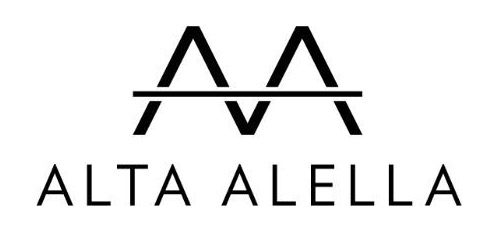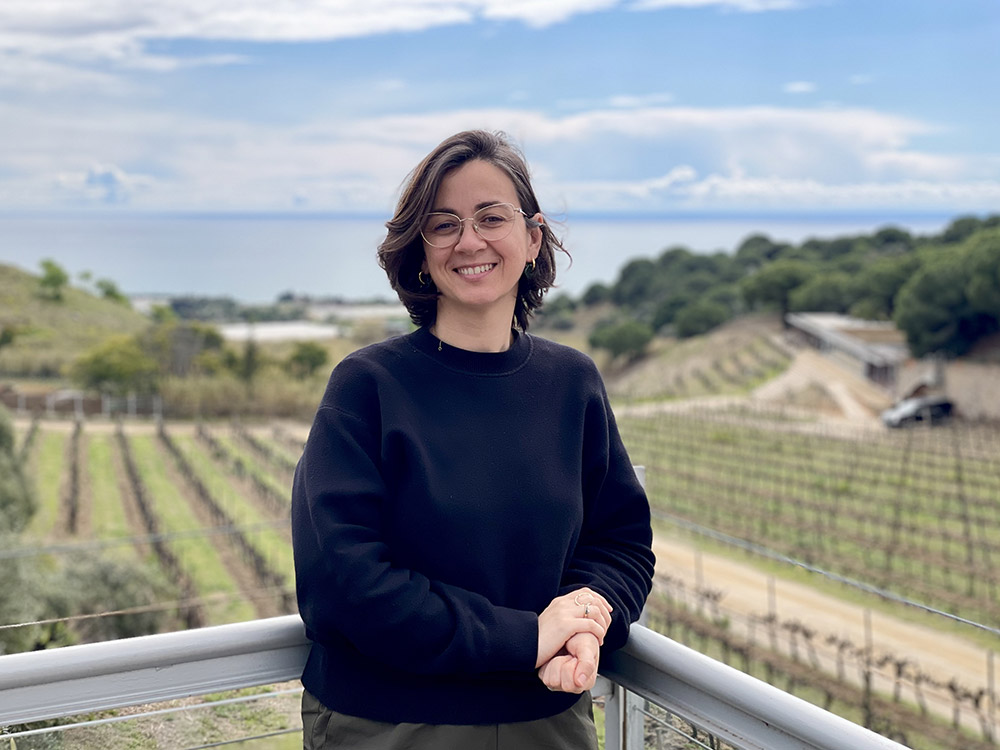
Mireia Pujol Busquets
Deputy Director of Alta Alella
_
“Technology doesn’t replace craftsmanship — it complements it.”
Alta Alella Wineries, located in the heart of the Alella Designation of Origin and just a few kilometers from Barcelona, is a perfect example of the fusion between tradition and innovation. Run by the second generation of a wine-dedicated family, the winery has successfully adapted to modern times without losing its essence. All of this has been made possible thanks to the digital tools implemented with the help of JIG. Mireia Pujol Busquets, Deputy Director of Alta Alella, affirms that digitalization has opened new opportunities for the winery, allowing it to move forward without abandoning its roots.
For the Catalan firm, the core values are family, innovation, and respect for the environment. “The world of wine and viticulture is undoubtedly a deeply traditional field, based on experience and knowledge passed down through generations. However, that doesn’t mean we can’t take advantage of modern tools to optimize our processes without losing our identity,” the director explains.
The winery has implemented various technological tools in its vineyards, allowing for precise monitoring of each plot. Thanks to systems for monitoring soil moisture, rainfall, and cost control, they’ve achieved more efficient and sustainable production. “These tools don’t replace the artisanal work involved in viticulture, but rather complement it—allowing us to be more precise and respectful of nature without sacrificing the quality or identity of the wine,” Pujol highlights.
Since Alta Alella embraced wine tourism in 2013, demand has grown exponentially. “We were pioneers in opening a visitor center dedicated to this activity, which initially required a more personalized approach. In those early years, direct interaction with our customers was at the heart of our offering.” However, by 2024, the winery welcomed over 11,000 visitors, which prompted a rethink of their reservation management and service optimization.
Digitalization has been key in this evolution. First, they implemented online ticket sales, then integrated the system into their e-commerce platform, and are now migrating to a reservation management system specialized in wine tourism. “Digital tools have allowed us to optimize the reservation process, organize visits more effectively, and manage resources—thus ensuring a smoother and more efficient experience for our visitors,” says the deputy director.
Despite this growth, the winery remains committed to personalized attention. “Even though we now welcome a much larger number of people, we continue to offer exclusive experiences tailored to each visitor profile. Far from reducing the sense of closeness, digital tools have helped us better manage demand and address our clients’ needs more efficiently,” she states.
The implementation of these new technologies has been a gradual process, well received by both the team and the clients. “The winery staff, with their extensive experience in direct interaction with both wine and customers, have found that digitalization helps them be more efficient and provide a smoother experience. As for the customers, although some are less familiar with digital tools, most appreciate the improved ease of access and the personalization of the experience,” says Mireia Pujol.
One of the biggest challenges has been improving data management, which allows them to better understand their visitors and optimize communication and marketing strategies. “By analyzing this data, we can tailor our offerings and enhance the visitor experience, which ultimately results in stronger customer loyalty and sustainable growth for the winery,” she adds. For Mireia, the message is clear: digitalization is not an end in itself, but a tool in service of quality and continuous improvement.
“Our philosophy drives us to keep moving forward on this path, always integrating technology that enables us to be more efficient and deliver better service.” With this mindset, Alta Alella reaffirms its commitment to innovation while staying true to its roots—ensuring that the future of wine continues to be written with respect, passion, and vision.
